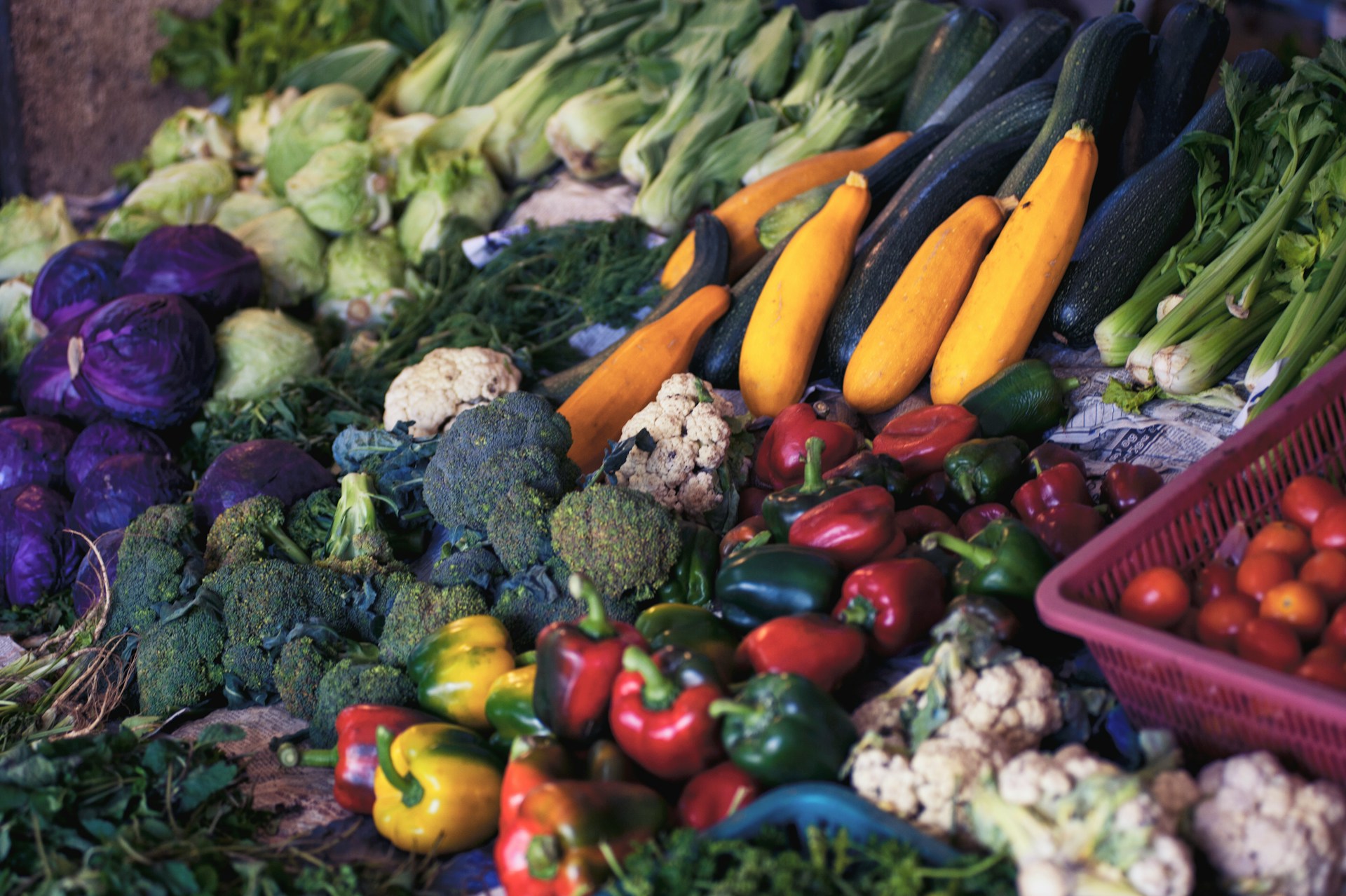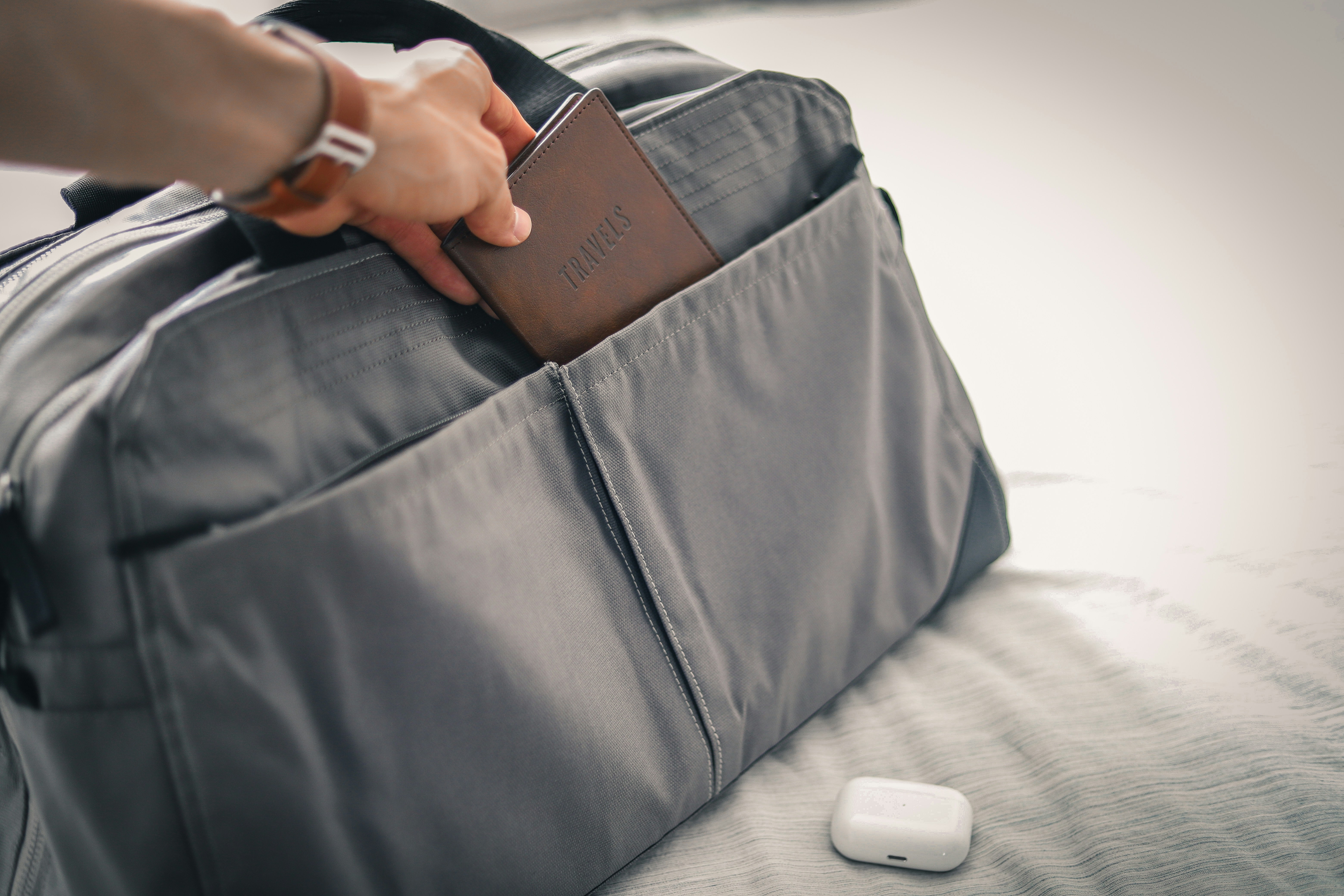Tips To Keep Your Produce Fresh At All Times
Keeping produce fresh can be a challenge, especially when you want to minimize waste and enjoy fruits and vegetables at their peak flavor and nutritional value. Here are some tips to help you keep your produce fresh for as long as possible:
1. Store Produce Properly
Different fruits and vegetables require different storage conditions. Here’s a quick guide:
- Refrigerate: Most vegetables, such as carrots, leafy greens, and broccoli, should be stored in the refrigerator. Store them in the crisper drawer where humidity is higher to prevent wilting.
- Keep at Room Temperature: Tomatoes, potatoes, onions, and garlic should be stored at room temperature. Refrigeration can cause them to lose flavor or become mushy.
- Separate Ethylene Producers: Some fruits, like apples, bananas, and avocados, produce ethylene gas, which can cause other fruits and vegetables to ripen and spoil faster. Keep these ethylene-producing items separate from sensitive produce like leafy greens and berries.
2. Use Proper Containers and Bags
- Reusable Produce Bags: Use mesh or cotton bags for produce like mushrooms, apples, and peppers to allow air circulation, which helps prevent moisture buildup and spoilage.
- Plastic or Glass Containers: For prepped vegetables and fruits, use airtight containers to keep them fresh. Be sure to line the container with a paper towel to absorb excess moisture.
3. Wash Before Storing or Not?
- Leafy Greens: For items like spinach, lettuce, and kale, it’s best to wash and dry them before storing. Use a salad spinner to remove excess water, then wrap the greens in a paper towel and store them in a breathable bag or container.
- Berries: It’s best not to wash berries until you’re ready to eat them. Washing them too early can lead to moisture buildup, which accelerates mold growth.
4. Keep an Eye on Ripeness
- Check Regularly: Periodically check your produce for ripeness and signs of spoilage. Consume the ripest items first to avoid waste. If you notice anything overripe, consider using it immediately in a smoothie, soup, or stew.
- Ripening Strategies: If you need to ripen something quickly, place it in a brown paper bag at room temperature. The ethylene gas released by the fruit will be trapped and speed up the ripening process.
5. Extend the Life of Fresh Herbs
- Store in Water: Fresh herbs like cilantro and parsley can last longer if stored like flowers. Trim the stems, place them in a jar of water, and cover them loosely with a plastic bag. Store in the refrigerator and change the water every few days.
- Freeze Excess: For herbs that you won’t use immediately, consider freezing them. Chop them up and freeze them in ice cube trays with a little water or olive oil for easy use later.
6. Use Produce Savers
Invest in produce savers or storage gadgets designed to extend the freshness of your fruits and vegetables. These can include:
- Vacuum Sealers: These remove air from bags and containers, significantly extending the shelf life of produce.
- Freshness Extenders: Products like ethylene gas absorbers can help slow down the ripening process and keep your produce fresh for longer.
7. Plan Your Meals
- Meal Prep: If possible, plan your meals to use up the most perishable items first. Incorporate more durable vegetables like root vegetables or squash later in the week.
- Batch Cooking: Consider cooking and freezing meals in batches, especially when you have a surplus of produce. Soups, stews, and casseroles freeze well and can be a convenient way to avoid waste.
8. Avoid Overcrowding Your Fridge
Overcrowding your refrigerator can lead to poor air circulation, causing your produce to spoil faster. Make sure there’s enough space between items so that air can circulate and keep everything cool and fresh.
9. Repurpose Scraps
Don’t throw away those scraps! Vegetable peels, stems, and even wilted greens can be repurposed:
- Make Vegetable Broth: Save peels, ends, and other vegetable scraps in a freezer bag. Once you have enough, boil them in water to create a flavorful vegetable broth.
- Compost: If you can’t repurpose scraps, consider composting them. It’s an environmentally friendly way to reduce waste and enrich your garden soil.
10. Know When to Freeze
Freezing can be an excellent way to extend the life of produce. Many fruits and vegetables freeze well, but they should be prepared properly:
- Blanching: Some vegetables, like green beans and broccoli, should be blanched (briefly boiled and then shocked in ice water) before freezing to preserve color, texture, and flavor.
- Flash Freezing: For items like berries or sliced fruits, spread them out on a baking sheet in a single layer and freeze before transferring them to a freezer-safe bag or container. This prevents them from sticking together.
You can keep your produce fresh for longer, reduce waste, and make the most of the fruits and vegetables you buy. With a little planning and the right storage techniques, your produce will stay crisp, flavorful, and nutritious for as long as possible.












Post Comment